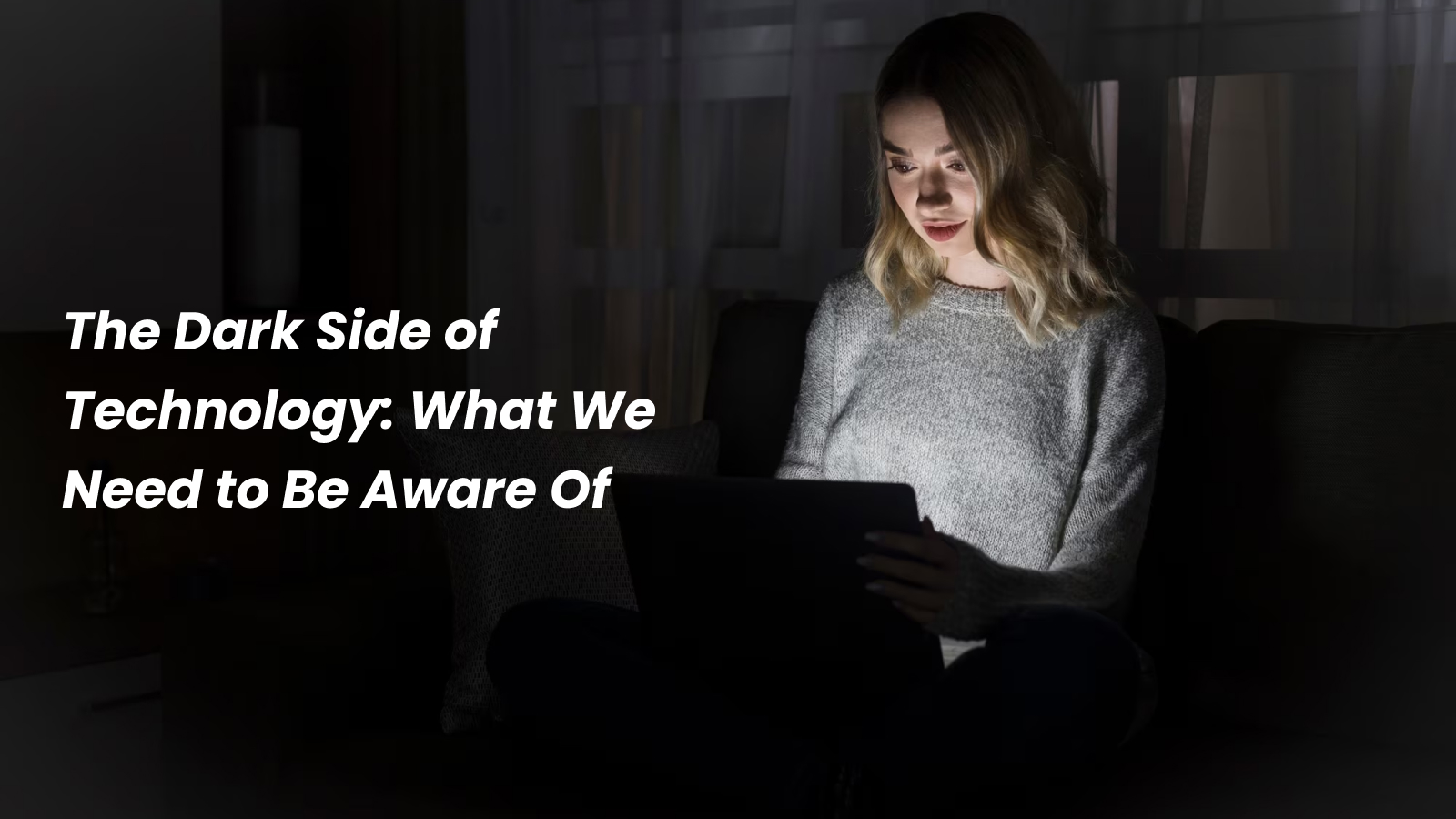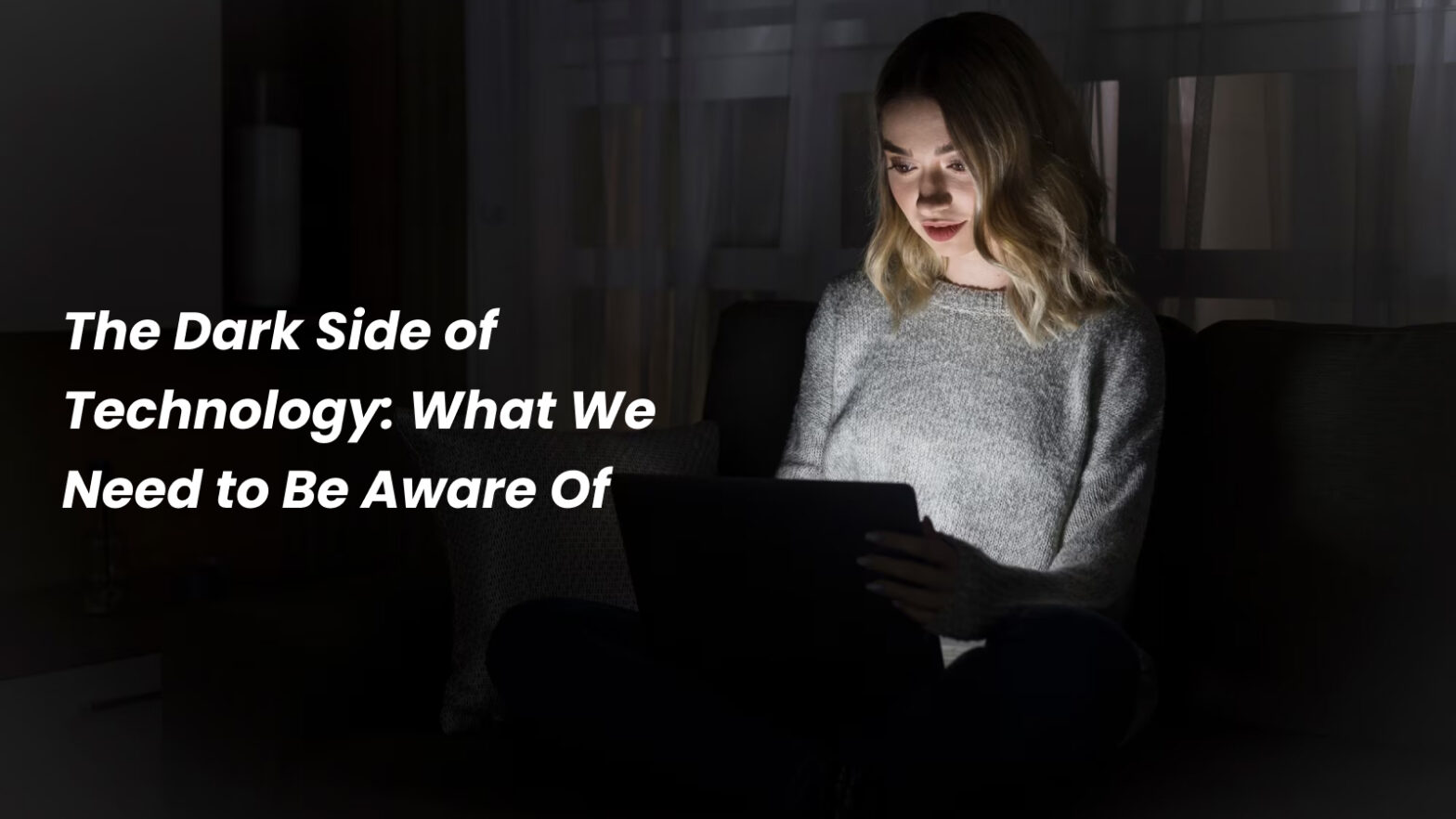
Introduction
In the age of rapid technological advancement, there’s no denying the countless benefits technology has brought to our lives. From instant communication to life-saving medical innovations, technology has revolutionized the way we live, work, and connect with the world. However, amid all the marvels of technology, there lies a darker side that demands our attention and vigilance.
Here are some of the critical aspects of the dark side of technology and understand the potential consequences that we need to be aware of.
1. Privacy Invasion and Data Breaches
With the digitization of information and the widespread use of the internet, our personal data has become more vulnerable than ever before. Companies, governments, and malicious actors can access and exploit our private information without our consent. For example, the Cambridge Analytica scandal in 2018 revealed how a political consulting firm obtained the personal data of millions of Facebook users without their knowledge for political manipulation. Such privacy breaches raise concerns about the misuse of personal data for targeted advertising, social engineering, or even identity theft.
2. Addiction and Mental Health Impacts
The convenience and entertainment that technology provides can lead to addictive behaviors. Social media, video games, and other online platforms are designed to keep users engaged for extended periods, leading to potential addiction. Studies have linked excessive screen time to various mental health issues, such as anxiety, depression, and attention disorders. For instance, the World Health Organization has recognized “gaming disorder” as a mental health condition, acknowledging the negative consequences of excessive gaming on individuals’ lives.
3. Disinformation and Fake News
Technology has facilitated the rapid spread of information, but it has also given rise to the dissemination of false and misleading content. The proliferation of fake news and misinformation can have severe consequences on public opinion, elections, and even public health. For instance, during the COVID-19 pandemic, false information about cures, prevention methods, and the virus’s origins spread rapidly, creating confusion and endangering lives.
4. Job Displacement and Economic Inequality
As automation and artificial intelligence (AI) continue to advance, there’s a growing concern about job displacement. Many traditional jobs are at risk of being replaced by machines, which could lead to economic inequality and job insecurity. For example, self-checkout machines in retail stores are replacing human cashiers, leading to job losses in the retail sector.
5. Environmental Impact
The production, use, and disposal of technology devices have a significant environmental impact. The mining of rare minerals used in electronic components can lead to environmental degradation and human rights abuses. Additionally, e-waste, including discarded smartphones, laptops, and other gadgets, contributes to toxic pollution when not disposed of properly.
Case Studies
Deepfakes and the Threat to Trust
Deepfakes are AI-generated fake videos that can convincingly depict people saying or doing things they never did. In 2019, a deepfake video of Facebook’s CEO Mark Zuckerberg emerged, where he appeared to be discussing the company’s control of user data. This technology poses significant risks to our ability to trust what we see and hear, potentially leading to misinformation on a scale we’ve never experienced before.
Ransomware Attacks and Cybersecurity Vulnerabilities
Ransomware attacks have become increasingly common, where hackers encrypt a victim’s data and demand a ransom for its release. In 2021, the Colonial Pipeline, a major fuel pipeline operator in the U.S., fell victim to a ransomware attack, causing widespread disruption and panic over fuel shortages. These incidents highlight the urgent need for robust cybersecurity measures to protect critical infrastructure and sensitive data.
Conclusion
While technology has undoubtedly transformed our lives for the better, we must remain aware of its darker aspects. By acknowledging the potential consequences of technology’s misuse, we can collectively take steps to mitigate these risks. Stricter data privacy regulations, media literacy programs, and responsible technological innovation are some of the ways we can navigate the dark side of technology while harnessing its power for the greater good. Awareness and informed decision-making will be crucial in ensuring that we strike the right balance between embracing technological progress and safeguarding our well-being and privacy.



